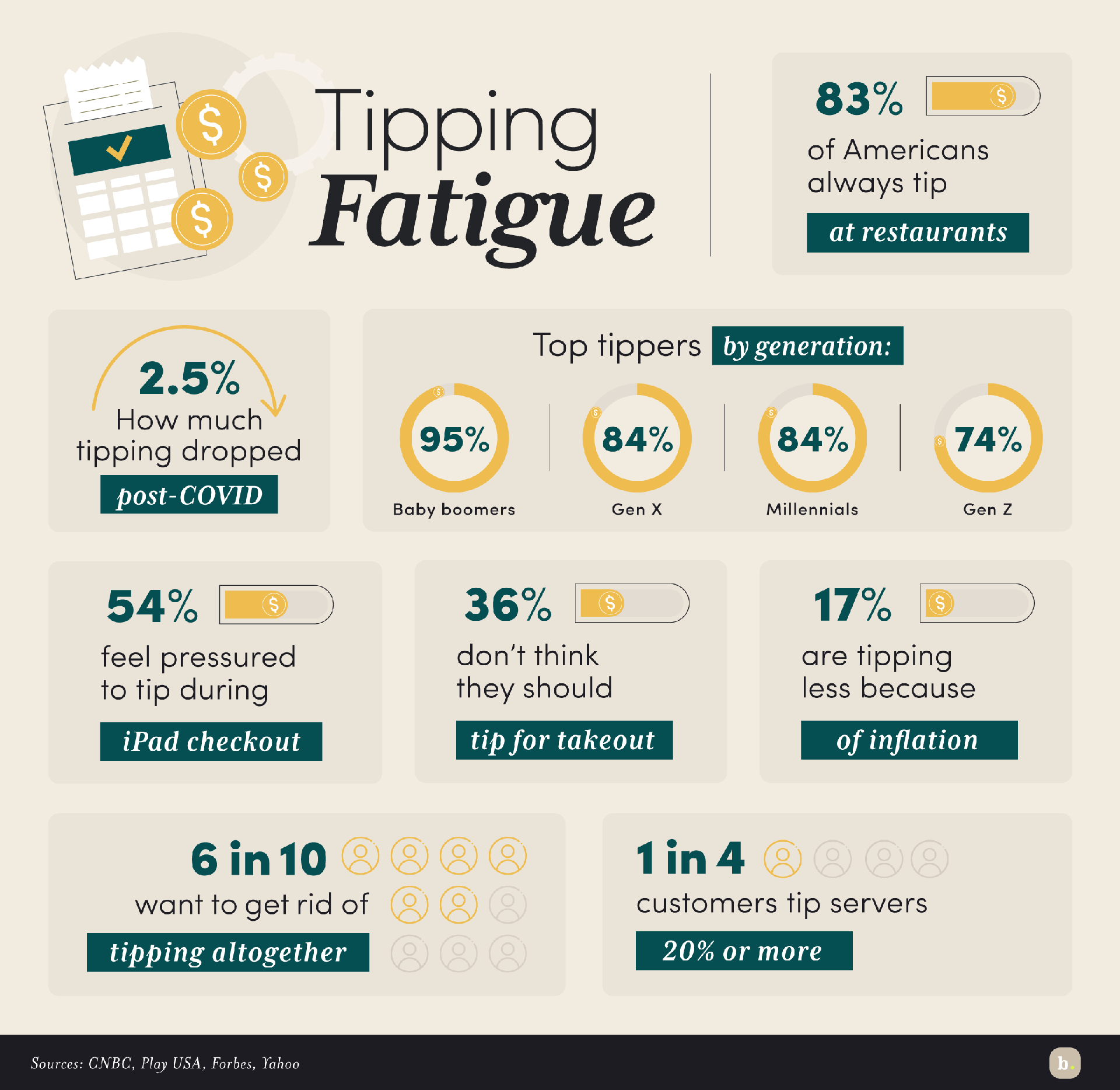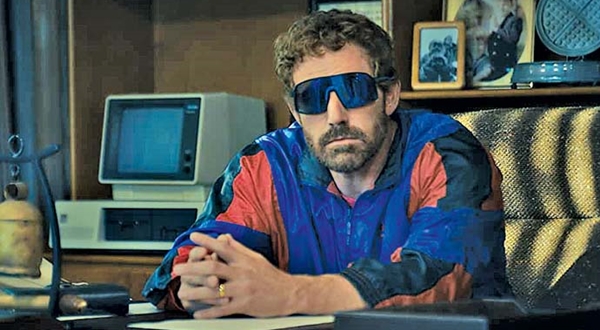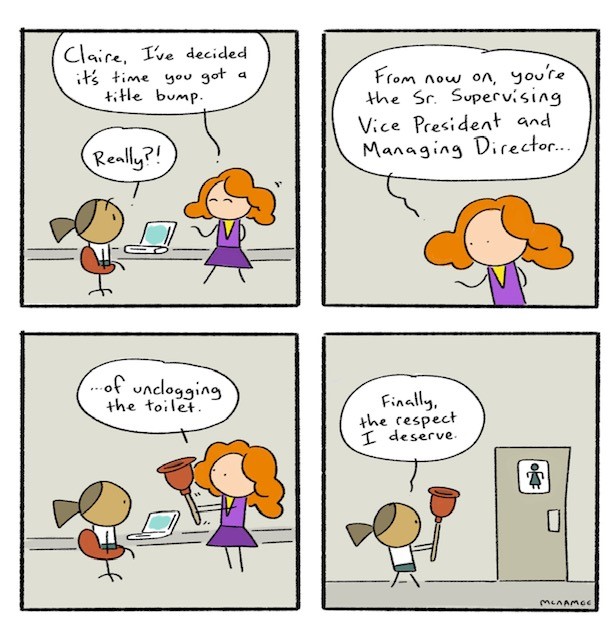Hollywood is about to come to a standstill. In the wake of the Writers Guild of America (WGA) going on strike in May, now members of SAG-AFTRA, the actors union, are about to hit the picket lines too, causing the first industry-wide shutdown since 1960.
Both groups have been unable to reach new deals with the Alliance of Motion Picture and Television Producers (AMPTP) over issues like streaming residuals, performance-based pay, and the use of artificial intelligence in film and television production. While some of the disputes are very specific to Hollywood, the larger lessons to be gleaned are not. As with the Starbucks union movement, there’s much business owners can learn from these conflicts about negotiating with employees, aligning compensation with performance, and how to recalibrate when faced with a work stoppage.
If you’ve already bought your tickets for Barbie and Oppenheimer, don’t worry — you’ll still be able to see the best double feature in recent memory — but your movie and TV options might seriously dry up in the months ahead. In the meantime, we hope you like soap operas … that’s one of the few areas where production is expected to continue since the genre operates under different rules. Plus, at this rate, the WGA, SAG-AFTRA, and AMPTP are writing a soap opera all their own!
|
|
|
Tipping Point: Why Everybody Is Sick of Tip Requests
|
(Source: business.com/Midjourney)
|
When South Park creators Trey Parker and Matt Stone reopen the Colorado restaurant Casa Bonita — which they made world-famous in a classic episode and purchased in 2021 — they’ll have one gigantic change: no tipping will be allowed because employees will make a living wage.
Unlike many restaurateurs, Parker and Stone can read the public mood.
The advent of kiosks, tablets, smartphones, and other POS systems has made it easy for businesses to integrate automated tipping requests at the checkout line. Perhaps too easy: A LendingTree survey of 1,600 Americans found that 67% are dining out less and 31% are tipping less when they do. Similarly, Bankrate found that a third of the public believes the tipping culture is out of control. (How much are we supposed to fork over for a muffin?!)
Consumers are sick and tired of being asked to tip 25% minimum on screens, especially for services they don’t typically tip for, such as pickup orders or fast food establishments. Even those of us who’d normally give the barista an extra buck are feeling taken for granted when our bills still contain COVID fees (years after the vaccine) or other hidden, mysterious charges, which lawmakers are starting to confront.
To avoid the backlash, restaurant owners might be wise to follow Parker and Stone by including the entire cost of doing business — rent, labor, goods — in the menu price, otherwise known as all-in tipping. Sugarfish, a Los Angeles favorite for sushi, follows a no-tip model with a flat 16% service fee for all orders; Joe’s Crab Shack eliminated tipping at locations nationwide, instead boosting food prices 12% to 15% to pay employees.
Customers might not love higher menu prices, but at this point, they will love knowing what to expect. When it comes to repeat business, their respectful gratitude could be worth more than their resentful gratuities.
|
|
|
Tipping Fatigue by the Numbers
|
|
|
Customer Volunteer Days: A Twist on Company Volunteer Programs
|
Dr. Steven Rogelberg is a Chancellor’s Professor at UNC Charlotte, former president of the Society for Industrial and Organizational Psychology, and author of Glad We Met: The Art and Science of 1:1 Meetings.
As part of corporate social responsibility efforts, around 60% of organizations now provide volunteer opportunities for employees. Besides helping the community, these programs tend to engender a sense of employee commitment to and pride in the organization.
There’s a twist for some company volunteer programs. Instead of offering them just to employees, they’re including customers too. Here are two examples:
- Disney’s “Give a Day, Get a Disney Day”: As part of the program, if a customer completed a day of certified volunteer work, they received free admittance at Disneyland or Disney World.
- Starbucks’ “V2V” (Volunteer to Volunteer) social network: Employees and customers signed up for volunteer opportunities in their local communities, all curated on a central webpage.
It’s not just for major corporations. Once a week, the Georgia microbrewery Creature Comforts Brewing Co. invited customers and off-duty employees to assemble blankets and hygiene kits for local charities. (The company paid for all supplies.) Researchers found that customers who participated in the effort had a higher opinion of Creature Comforts and patronized it more often — spending more than average when they did — even two years later.
Volunteering with off-duty Creature Comforts employees “makes you feel good about the money you’re spending and the time that you’re spending to go there,” customers explained to researchers. They additionally “told a lot of our friends, and a lot of our friends now want to go.”
Meaningful volunteer efforts can yield tremendous positive benefits for all stakeholders: employees, customers, and the community.
Looking for a philanthropy to support? Find out the qualities to seek in a charity partner.
|
|
|
Air Shows How Nike Broke the Rules and Won Big
|
In the Amazon Prime film Air, directed by Ben Affleck, Nike talent scout Sonny Vaccaro (Matt Damon) pursues unproven rookie Michael Jordan for an endorsement deal … except Jordan is totally disinterested. He prefers Adidas by a wide margin.
As most viewers already know, Nike’s Air Jordan would become the highest-grossing sneaker in history. So, how did Vaccaro make it happen?
With his back against the wall — and Nike CEO Phil Knight (Affleck) ready to gut the entire basketball division — Vaccaro starts breaking rules. He drives to Wilmington, North Carolina, to personally visit Jordan’s family (a serious faux pas in the biz). He insists that the Air Jordan prototype be red and black instead of NBA-mandated white, and that Nike pay Jordan’s subsequent $5,000 fine for each game. On top of that, Jordan asks for a 5% royalty on all sneaker sales, which was unheard of at the time. However, Vaccaro saw the future superstar’s potential and convinced Knight of it.
Famously, Nike has 10 principles of business dating back to 1977, and Vaccaro signed Jordan by paying special attention to No. 3: “Perfect results count — not a perfect process. Break the rules: fight the law.”
The b. Newsletter spoke to former Nike CMO Greg Hoffman — see his invaluable tips on business branding.
|
|
|
On July 14 in Business History
|
- 1850: Physician John Gorrie gave the public its first look at refrigerated ice.
- 1914: Robert Goddard received a U.S. patent for liquid rocket fuel.
- 1992: Software engineers Lynne and William Jolitz released the Unix operating system 386BSD, which kicked off an open-source coding revolution. Linus Torvalds would release Linux shortly thereafter.
- 2009: Apple announced that its users had downloaded 1.5 billion applications from the App Store in just one year.
- 2013: The world’s final telegram was sent as Bharat Sanchar Nigam Limited, the last remaining large-scale telegraph system, shut down its services.
|
|
|
Written by Ali Saleh. Comic by John McNamee.
|
|
|
|







